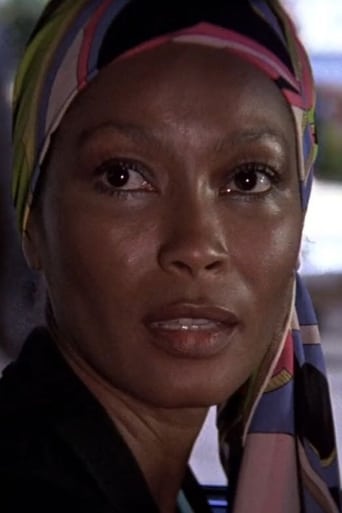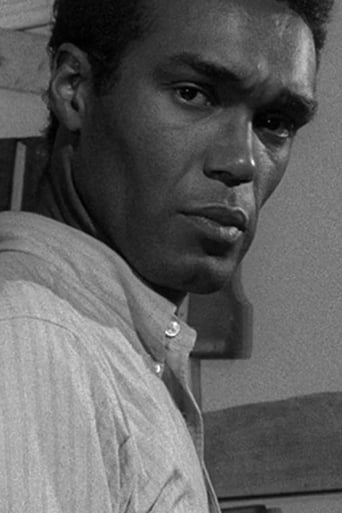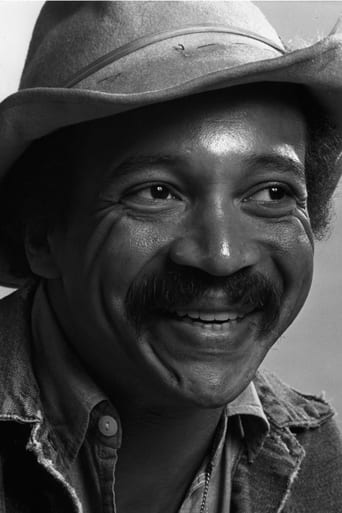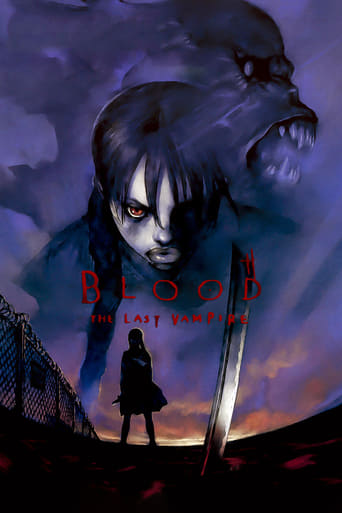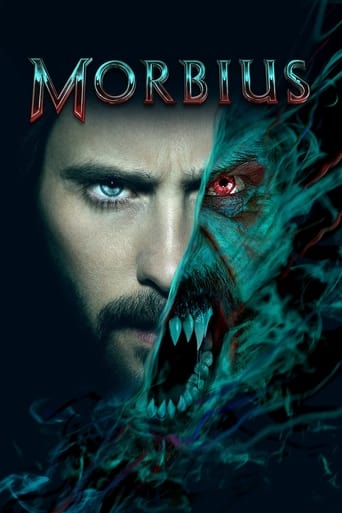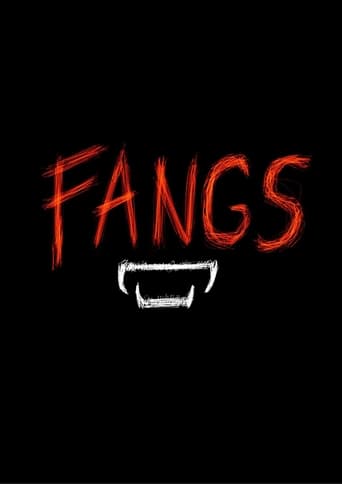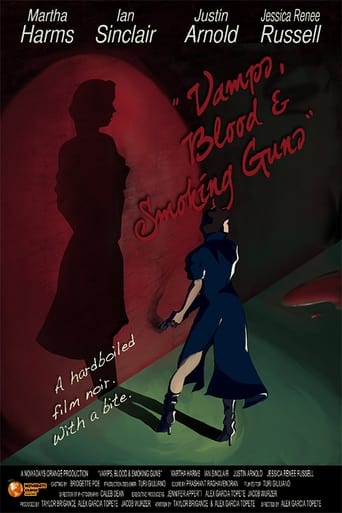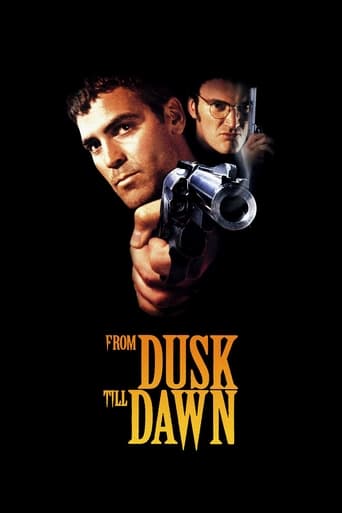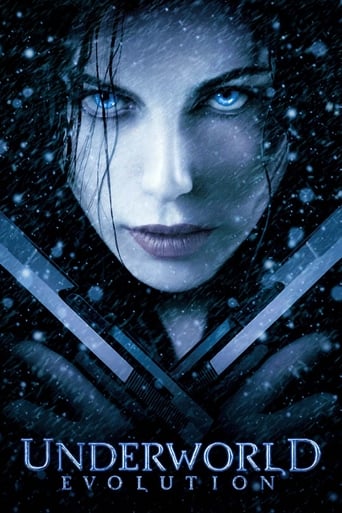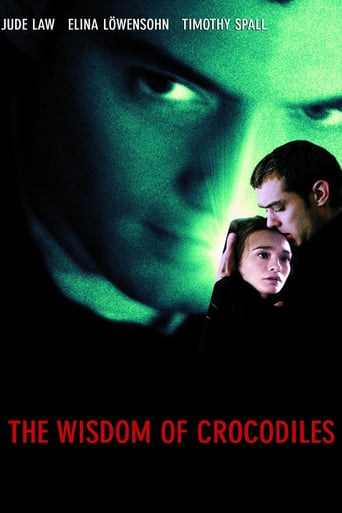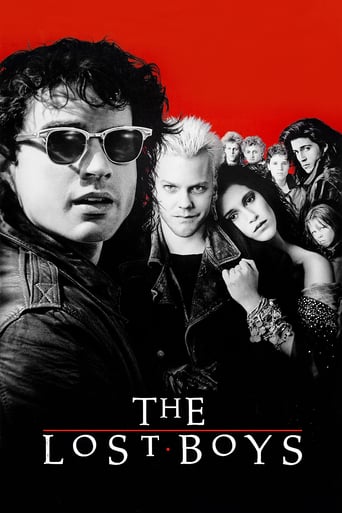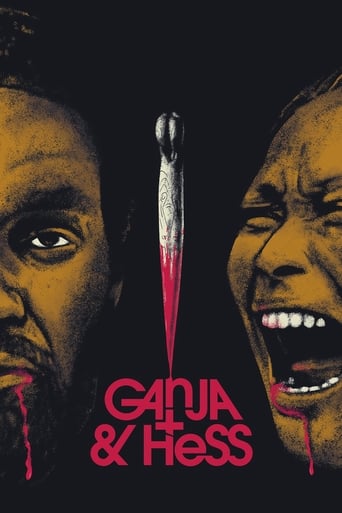
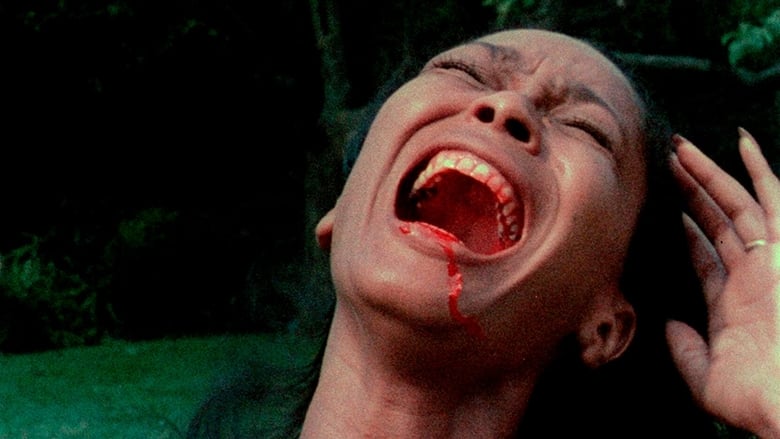
Ganja & Hess (1973)
After being stabbed with an ancient, germ-infested knife, a doctor finds himself with an insatiable desire for blood.
Watch Trailer
Cast


Similar titles
Reviews
The confused and contradictory comments and descriptions among reviewers of both the quality and the content of this film was probably the desired effect of this laconic semi-underground conversation piece which vaguely appropriated aspects of vampire film iconography to satisfy the film's financiers without actually making one. It doesn't have the noisy razzmatazz of the blaxploitation film the druggy-sounding title suggests, or the visual fussiness of a continental seventies vampire movie; while the scenes depicting wrapped up bodies being carrying across a field for disposal rather recall comedies like 'The Old Dark House' and 'Arsenic and Old Lace'. Quite a bit of blood gets drunk, but in circumstances that suggest psychosis rather than authentic vampirism; although only a genuine vampire would be able to drain the glass of red fluid Hess offers to Ganja at one point (blood in that quantity is actually an emetic).The liberal amounts of both sex and violence are handled in a generally deadpan fashion (the spectacular stabbing of Dr. Green with an infected knife referred to in several reviews, for example, is merely described in an opening caption, not shown), and the characters rarely seemed fazed by much that happens. Duane Jones of 'Night of the Living Dead' as Dr. Hess Green has acquired a beard in the intervening five years and like any self-respecting screen vampire lives in an enormous country house with servants. As Ganja Meda, Marlene Clark is enjoyably venal and grasping, her steely beauty (no afro!) contributing the seductive female component without which no seventies vampire film could possibly have been complete.
After being stabbed with an ancient, germ-infested knife, a doctor's assistant finds himself with an insatiable desire for blood.One thing I really liked about this movie: This film contains the only other lead role for Duane Jones, best known for starring in "Night of the Living Dead" (1968). But that may be about the extent of it.Dave Alexander says the film "eschewed the conventions of both the blaxploitation movie and the vampire story." He is right about that, as the blaxploitation elements are completely missing and the vampire story exists to draw parallels with religion (particularly Catholicism) and addiction. Alexander also points out the "feverish experimental soundtrack", which sounds overall positive to me. What I heard was very repetitive "music" that got increasingly annoying.
This film is beyond incredible in my opinion. One of the most poignant and haunting moments in this film is near the end when Hess (Duane Jones) reads from a book in front of a fireplace and Ganja (Marlene Clarke) asks him what he is reading (after complaining of always being cold--a side-effect of Myrthian vampirism):Ganja: What are you reading?Hess: It's the guide to our destruction...the solution..."Helga, 4th Queen of Myrthia:If you worship any god whatsoever and if you believe this god to be goodAnd if this god in which you trust be destroyed by forces dangerous to the survival of loveAnd if the implement by which this god is destroyed(For this is the symbol of the destruction of life)It...must cast a shadow on the heart that he shall be released unto the bosom of his Creator..having suffered and tasted the blood of the womb of NatureAnd may sleep in her lap forever...Amen."Ganja: If the shadow of the cross is on our heart, it'll destroy us?Hess: But the cross is only an implement of torture...its shadow is the darkness it casts, you see......nothing can survive the shadows....Powerful stuff!
I've never seen the full, unexpurgated version of "Ganja and Hess" as director Bill Gunn intended it to be viewed. However, since a handful of other reviewers have mentioned the little-seen edited version, I thought I'd offer my thoughts on it. I remember when Duane Jones's obituary appeared in "Fangoria" magazine in January 1989. I was a huge "Night of the Living Dead" fan and his passing came as a shock to me. The people at "Fango" gave him a beautiful, deeply respectful send-off; the article contained an interview with Jones (a rarity in itself) as well as a discussion of his other horror film roles, the most prominent of which was in "Ganja and Hess". I had never heard of this film prior to reading the article (which also mentioned that the movie could be found on video under various alternate titles, including "Blood Couple" and "Black Vampire"), but it sounded intriguing and I kept an eye out for it. Just about a year later, I found a brand new VHS copy of "Blood Couple" at the supermarket, of all places. Before I comment on the film itself, let me say that I fully understand why Bill Gunn, Duane Jones, and company did not care for "Blood Couple". Reading about the uncut "Ganja and Hess", it's obvious that "Couple" was a savage edit of Gunn's labor of love, and at times it doesn't make sense even on its own terms as an 83-minute exploitation flick. But by the same token, it contains quite a bit of footage that went unused in "Ganja and Hess", and there are plenty of frightening, gut-wrenching moments. In those dim, distant years before rare films found new life on DVD, it was nice to see Gunn's movie in any form. In "Blood Couple", the murder of Dr. Hess Green (Jones) by his assistant George Meda (Gunn) takes place during the first ten or fifteen minutes of the film. This is followed by the harrowing scene of Green's resurrection, Meda's suicide, and Green's terrible realization that he is now addicted to human blood. The next scene, which is almost as disturbing, shows a desperate, tearful Hess Green reciting a prayer and then attempting to kill himself, too--but he cannot. He was rendered immortal when Meda stabbed him with the ancient Myrthian "dagger" (actually a piece of wood, sharpened at the end and containing bits of human bone). He will not die unless the shadow of a cross touches his heart, which is mentioned--but not clearly explained--in a brief song on the film's soundtrack. This is where things start to get a little fuzzy. Apparently, a curse was visited upon the Myrthians that they should live forever unless they were touched by the shadow of a cross...but, as the song says, "Christ had not come yet and the cross did not exist", so the Myrthians were doomed to hundreds of years of existence as blood addicts. But who cursed them? And how did this unnamed person know that Christ ever *would* come? I guess it's silly to expect too many answers from a sliced-and-diced exploitation movie. Hess Green's son is nowhere to be found in "Blood Couple", and Ganja (Marlene Clark) apparently dies along with her new husband in the film's grim conclusion. Gunn's direction and dialogue are often self-consciously artsy, and when he stumbles, he stumbles rather badly (mostly in the early scenes featuring Green and Meda). In my opinion, however, Gunn scores more hits than misses even in this edited version of his film. From the moment "Blood Couple" begins, there is a pervasive mood of unease and doom; you *know* that terrible things are going to happen. That kind of mood is very difficult to achieve, judging from all the stacks of lousy horror movies out there, and that's why I give this film an 8.


